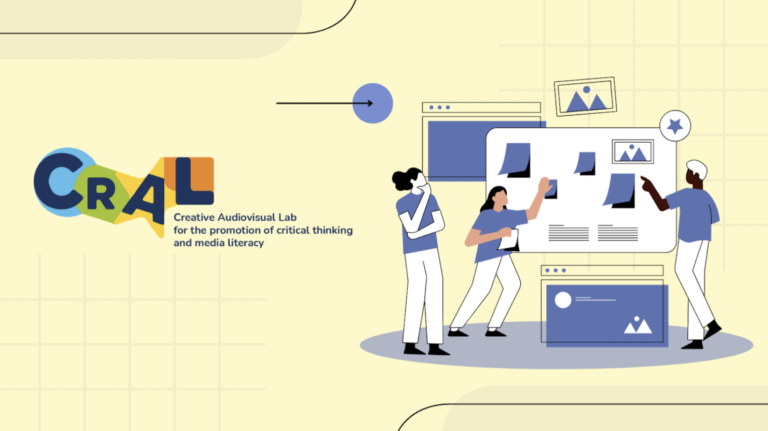The current educational system faces great challenges related to research, dissemination and awareness. In this sense, the implementation of new technologies demands new challenges, related to the promotion of media literacy and critical thinking of students.
Santiago Tejedor, director of the Department of Journalism at the Autonomous University of Barcelona, has published a journalistic article in which he reflects on the main challenges facing the education system, presenting the CRAL Project, highlighting its work in the promotion in students of the acquisition of critical thinking, media literacy, digital skills and active citizenship.
The magazine in which he has published the article, called ‘Diario de la Educación’ (Education Journal) it offers information, analysis and opinion with the aim of “bringing together plural voices that help to better understand how childhood and education are changing, as well as to disseminate pedagogical experiences and innovations that contribute to educational and social transformation”.
In this article we provide some resources to learn more about the importance of media and audiovisual literacy and to help our students and teachers to work together in this theme.
- Digital Citizenship Curriculum (by Common Sense Education): Features free K-12 lessons on news and media literacy.
- KQED Teach (by KQED): Aimed at teachers, these courses cover key topics and skills teachers need to not just teach but practice media literacy.
- Media and Information Literacy Curriculum for Teachers (by UNESCO): Dense, thorough, and global curriculum available in many languages.
- Media Literacy (by Crash Course): A 12-part video series that goes beyond the typical media literacy topics, digging into things like the history of media literacy and how policy affects the media we consume.
- Media Literacy Toolkit for Teachers and Students: New Resources (Austrian and German Press Councils) https://www.youtube.com/watch?v=iZFDd4AsCo https://www.youtube.com/watch?v=6G3r7w6VooI

